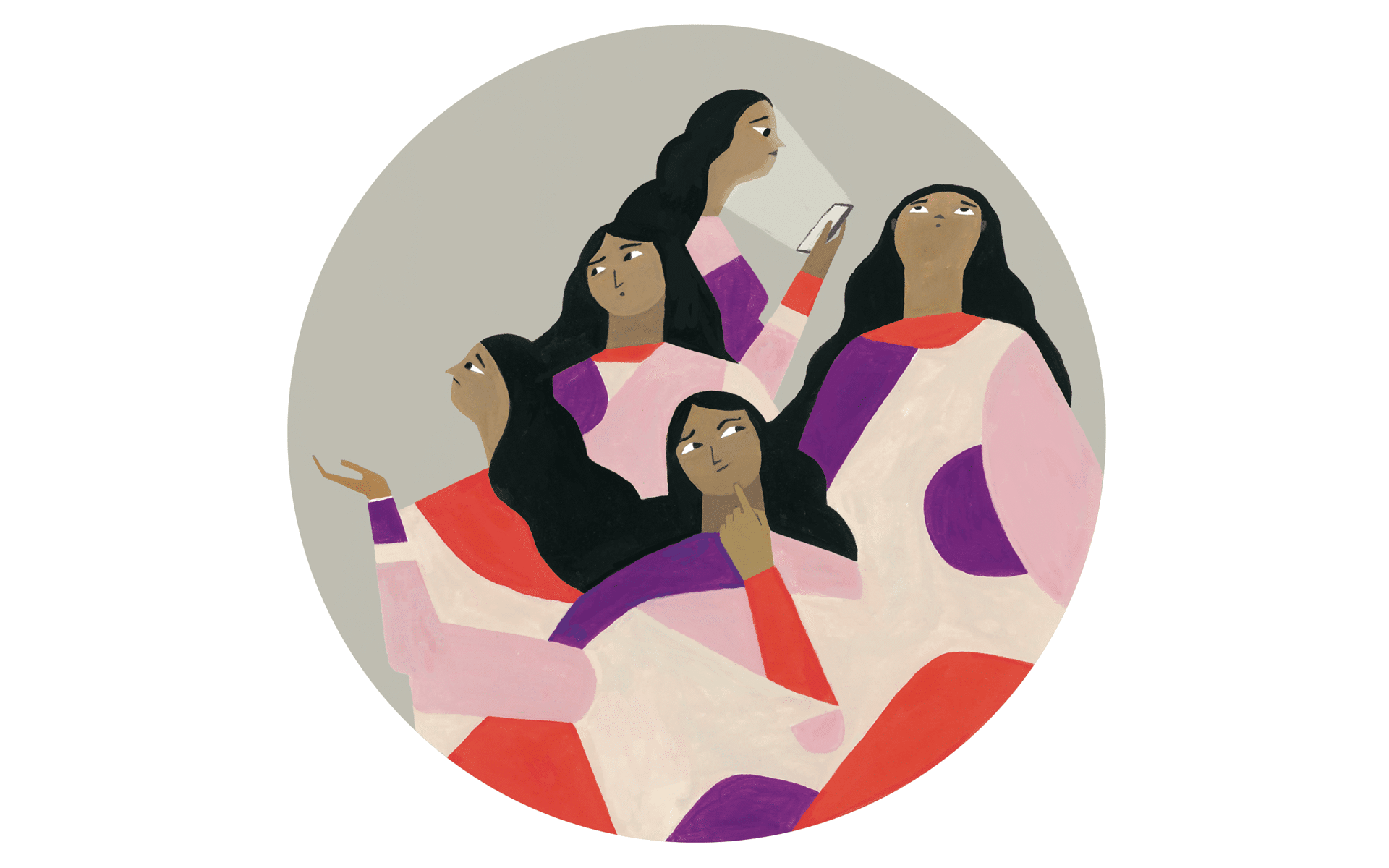Science relies on having an open mind willing to dismiss our own beliefs, and so does mindfulness—which doesn’t end at sitting quietly and handling stress better. When we can patiently observe our experience, we recognize all the distracted reactivity that might otherwise influence our perception of the world. Building awareness of any patterns we’ve fallen into that aren’t so useful, we begin to let go of whatever stands between us and being more at ease: Maybe that exhausting perfectionism isn’t making my family any happier after all. Through that type of investigation, we develop our innate wisdom.
That truth-seeking is similar to what happens in science. We pursue objectivity and learn. Flip a light switch, energy flows for a reason. It’s not mysterious. We can determine under what conditions that will occur or not. Doctors wash their hands now because evidence showed it to decrease the spread of germs. There are, as a matter of fact, facts to discover about ourselves and the world. More than ever, skillful living requires an examination of what we accept as true. With the blizzard of information coming at us from politicians, the internet, the news, it’s easy for fearful thoughts to go viral. One simple practice is to catch ourselves often and reflect: Is this something I assume, or fear, or is it real?
Here are selected medical facts, mostly from my field of child development. Could something come along to contradict the latest research?
Absolutely. Might this list oppose something you believe? For sure. And of course, research itself can be misleading. But right now, ask of both your beliefs and the studies, Is it true?
- Introducing books to young children augments development around language and academics.
- Under-moderated screen time correlates with poor developmental outcomes throughout childhood.
- No valid studies link current vaccines to developmental concerns or autism.
- ADHD is a medical disorder not tied to parenting, our busy culture, or motivation; its genetic inheritance alone is nearly as strong as the genetics of height.
- For all the products making claims, exercise may be the only miracle cure for both physical and mental health.
- Every dollar spent on early childhood programs saves up to $17 over a generation.
Medical research is rarely perfect and requires constant reexamination. Much of complementary medicine hasn’t even been investigated. Mindfulness itself required an initial leap of faith before studies suggested benefits. But we have to watch out when taking leaps of that kind: If we get into our car and expect it to fly to the moon, we’ll have a hard time. Science has value in deciding what’s most likely, objectively, true.
There are countless ideas around medicine, education, and even politics that deserve the same clear-sighted approach: This is what I believe, but is it true? Alternative truth is, factually speaking, impossible. Without that view, we get distracted from simple answers that make life easier, or we get caught up in trends that even cause harm. Skillful choices usually start with mindfulness: seeing things, as best as we’re able, as they actually are, with objectivity, curiosity, and compassion.






